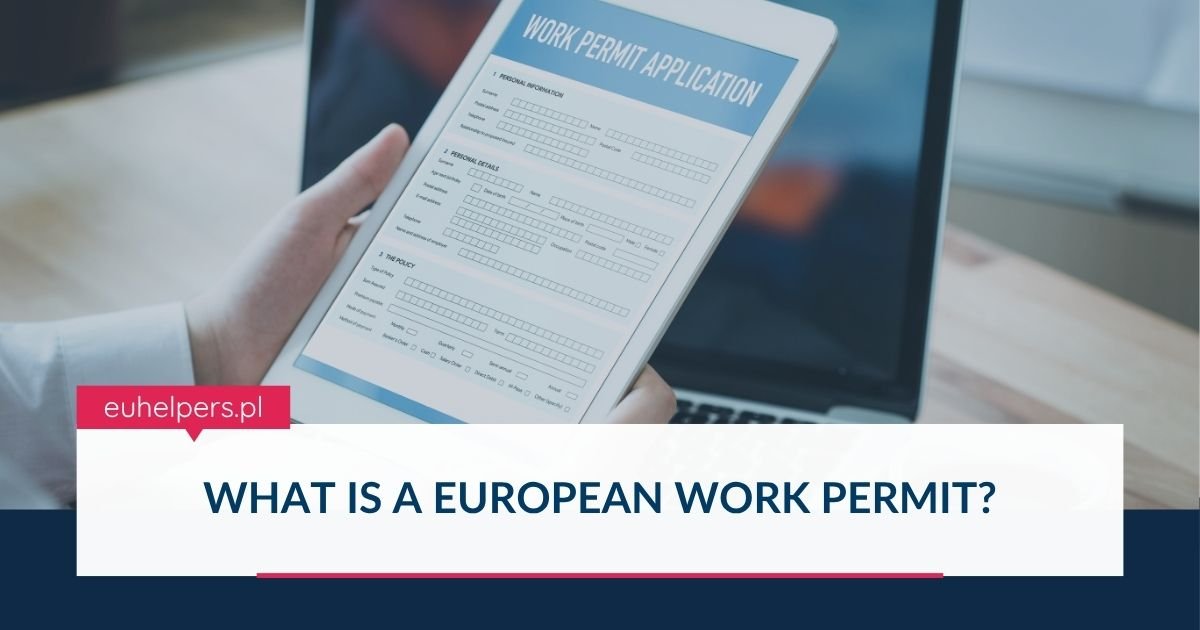
An EU work permit, formally known as a residence and work permit, is a crucial document for non-EU citizens who wish to live and work legally within a European Union member state. This permit not only grants the right to employment but also authorizes residency for a specified period, usually linked to a particular job offer. Whether for short-term assignments or long-term professional roles, the EU work permit is a vital step for those aiming to build a career in Europe.
Purpose of an EU Work Permit
The primary role of an EU work permit is to provide legal authorization for non-EU nationals to reside and work in a specific EU country. These permits are country-specific, meaning they are valid only within the issuing nation and are typically tied to a specific employer and job role.
Depending on the nature of the employment, various types of permits may be issued—ranging from roles in skilled trades and professional sectors to unskilled or temporary positions.
The EU Blue Card: A Specialized Path for Highly Skilled Workers
Among the various types of permits, the EU Blue Card stands out as a special option designed for highly qualified professionals from outside the EU.
Key Benefits of the EU Blue Card include:
-
Simplified Application Process: Streamlined procedures make it easier for skilled professionals to obtain residence and work rights.
-
Family Reunification: The permit facilitates the relocation of spouses and children, ensuring family members can join the primary permit holder.
-
Mobility Within the EU: In some cases, Blue Card holders can move between certain EU countries with reduced bureaucracy.
-
Pathway to Permanent Residency and Citizenship: After a designated period of legal residence and employment, Blue Card holders may qualify for permanent residency and even EU citizenship.
General Requirements for Obtaining a Work Permit
While requirements may vary between countries and permit types, most applications follow a similar framework:
-
Valid Job Offer: A confirmed offer of employment from an EU-based employer is typically required before applying.
-
Educational and Professional Qualifications: Depending on the role and permit type, applicants may need to demonstrate relevant degrees, certifications, or work experience.
-
Supporting Documentation: Applications usually involve submitting a passport, employment contract, proof of qualifications, and sometimes a background check or health certificate to the respective immigration authorities.
Important Considerations
National Regulations Vary
While the EU sets certain standards, each member state has its own immigration laws and work permit procedures. Applicants must follow the specific guidelines of the country where they intend to work.
Equal Rights for Permit Holders
Some work permits—especially the EU Blue Card—grant equal rights to non-EU workers in areas such as working conditions, access to social security, and employment benefits, helping to ensure fair treatment.
Family Inclusion
Many European countries allow family reunification, permitting spouses and children to join the primary work permit holder and often granting them the right to study or work in the host country.
An EU work permit is more than just a legal formality—it’s a powerful instrument that opens the door to new professional opportunities and personal growth in one of the world's most stable and prosperous regions. Whether you're a skilled worker aiming for the EU Blue Card or seeking short-term employment in a specific country, understanding the structure, requirements, and benefits of these permits is the first step toward building a successful life in Europe.
